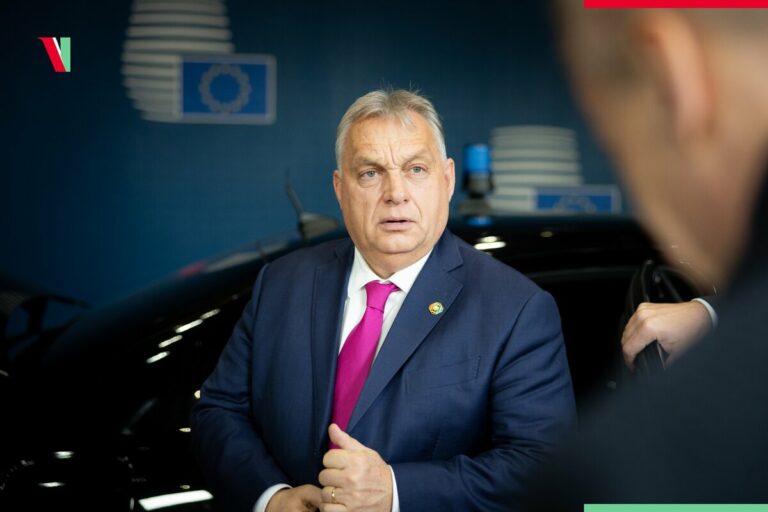Russia
VIDEO: Hungarian Parliament bans Budapest Pride LGBTQ march as opposition protests with smoke bombs 🔄

Here’s why Orbán did not veto EU sanctions against Russia: a phone call from Washington

Nobody foresaw what this politician would do with the Russian wreath after the 15 March commemoration – VIDEO

Russian invaders crushed the 15 March dream of a civic, constitutional, free and modern Hungary

Hungary will only vote to extend the EU sanctions list if a Russian oligarch is removed from it

Druzhba pipeline oil deliveries suspended due to drone strike 🔄

The 1st Ukraine-Russia war memorial outside Ukraine may be erected in Budapest

Hungarian politician: Europe’s future can’t be decided without Europeans

PM Orbán: Hungary welcomes US-Russia talks seeking to bring about peace in Ukraine

Orbán cabinet: Europe ‘should stop marching down a dead end’

Revealed: The Hungarian government wants to remove these Russian politicians and businessmen from the EU sanctions list

Szijjártó: Ukrainian drone attack on TurkStream foiled, calls for EU clarification

Orbán threatens veto on new EU weapons for Ukraine, asks EU to hold direct talks with Putin – UPDATE: government reaction

Orbán not invited, Szijjártó dismisses London meeting as ‘pro-war gathering’

Orbán’s ‘pro-peace’ government becomes largest EU financier of Russia’s war

2025 the year of breakthrough in Hungary? FM Szijjártó foresees peace this year – UPDATED

Orbán cabinet: New US administration did not see the war in Ukraine as strategically important

Hungary, alongside Russia and the USA, refused to vote in the UN to condemn Russian aggression





 ZH
ZH IT
IT DE
DE HR
HR NL
NL FR
FR JA
JA RO
RO RU
RU ES
ES TR
TR
